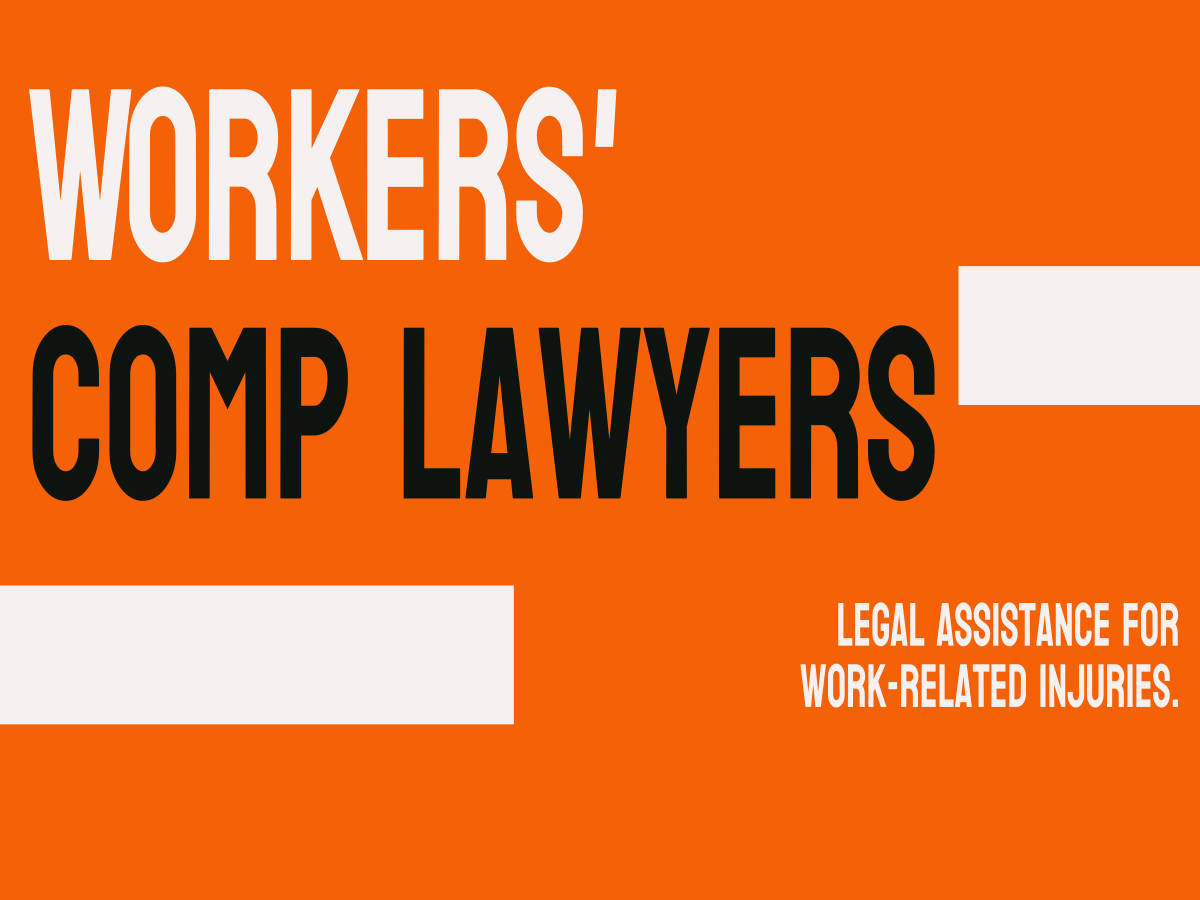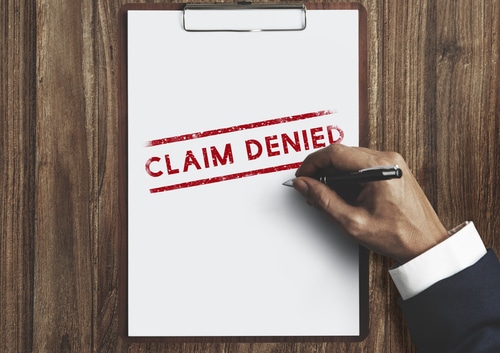Workers’ compensation is a crucial safety net that provides financial support and medical benefits to employees who suffer job-related injuries or illnesses. In Illinois, as in many other states, this system is designed to protect both workers and employers. However, there are circumstances where individuals may be disqualified from receiving workers’ compensation benefits. Understanding these disqualifications is essential for employees and employers, as it clarifies eligibility boundaries and ensures a fair and equitable system.
1. Failure to Report the Injury Promptly
One of the most common reasons for disqualification is a delay in reporting the injury. In Illinois, employees must report their workplace injuries to their employers promptly. The law recommends notifying the employer within 45 days of the injury or illness. Failing to report the injury within this timeframe can jeopardize your workers’ compensation benefits eligibility.
2. Injuries Outside the Scope of Employment
To be eligible for workers’ compensation benefits, the injury or illness must have occurred within the scope of your employment. In other words, the injury must have taken place while you were performing work-related duties. If the injury happened while you were engaged in activities unrelated to your job, such as during your lunch break or while commuting to and from work, it may disqualify you from receiving benefits.
3. Intentional Self-Injury or Misconduct
Workers’ compensation is intended to assist employees injured through no fault of their own. Deliberate self-injury or engaging in misconduct that leads to an injury may disqualify you from receiving benefits. For example, if you intentionally injure yourself or engage in reckless behavior while on the job, you may not be eligible for compensation.
4. Injuries Under the Influence of Drugs or Alcohol
If your injury occurred while you were under the influence of drugs or alcohol, you may be disqualified from receiving workers’ compensation benefits. Illinois law considers injuries that result from intoxication or substance abuse to be outside the scope of eligible claims. It’s essential to be aware that many employers require drug and alcohol testing following a workplace injury.
5. Failure to Cooperate with Medical Treatment
Cooperation with medical treatment is a fundamental requirement in the workers’ compensation process. Refusing reasonable medical treatment or failing to follow your healthcare provider’s instructions may disqualify you from receiving benefits. It is crucial to comply with all recommended medical treatments and attend all medical appointments related to your injury.
6. Failure to Follow Employer’s Policies
Employers may have specific policies and procedures in place for reporting workplace injuries and seeking medical treatment. Follow these policies to avoid disqualification from workers’ compensation benefits. It is essential to familiarize yourself with your employer’s guidelines and adhere to them in the event of an injury.
7. Fraudulent Claims
Submitting fraudulent workers’ compensation claims, including providing false information about the injury or the circumstances surrounding it, is a serious offense. If you are found to have engaged in fraudulent activities related to your claim, you may be disqualified from receiving benefits and face legal consequences.
Closing Remarks Regarding Disqualify Yourself From Receiving Workers’ Compensation
Workers’ compensation is a crucial resource for employees who suffer job-related injuries or illnesses in Illinois. However, some specific circumstances and actions can disqualify individuals from receiving these benefits. Both employees and employers need to understand these disqualifications to ensure the integrity of the workers’ compensation system.
If you have questions or concerns about your eligibility for workers’ compensation benefits or have encountered challenges in the claims process, seeking legal counsel from our experienced Lake County workers’ comp lawyers can be invaluable. We can provide guidance, advocate for your rights, and help you navigate the complexities of the Illinois workers’ compensation system, ensuring that you receive the benefits you are entitled to while adhering to the laws and regulations governing workers’ compensation in Illinois.
Contact Our Lake County Workers’ Comp Lawyers For Claims Assistance!
Are you needing clarity on your workers’ compensation situation in Illinois? If so, Robert Edens, P.C. is ready to help. Call our Lake County workers’ comp lawyers at Robert Edens, P.C. at 847-395-2200 for your free workers’ compensation consultation. Don’t face the complexities of workers’ compensation alone; we’re here to guide you every step of the way.











